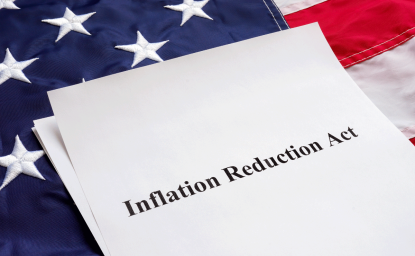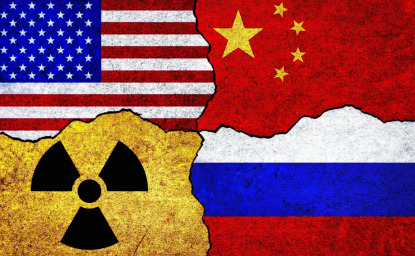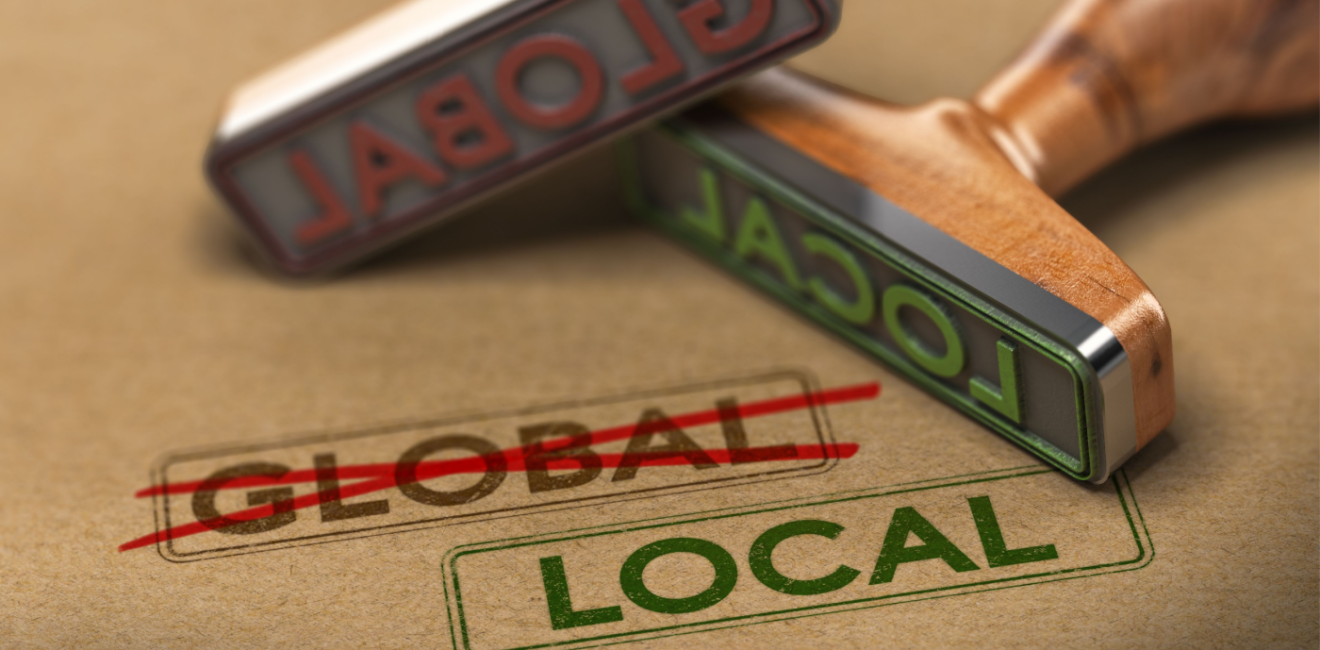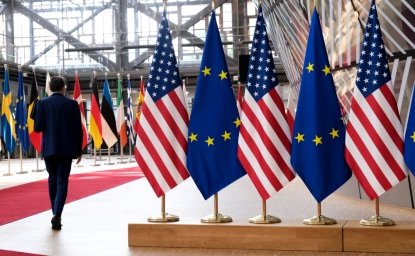A new brand of state-led capitalism is sweeping through developed economies. And the new era of competition among friends that it brings may be the unlikely path to the world’s green energy transition.
In August 2022, US President Joe Biden signed the Inflation Reduction Act (IRA). It promised massive investment by the US government in US-built green infrastructure and industry. The IRA contains $394 billion in tax incentives, grants, and loans, most of which will flow to businesses. The funds will be directed to green investment in sectors like energy, transportation, and manufacturing, all to support US industry.
One interesting feature of the IRA is its explicit shift toward protectionism. Protectionism takes the form of targeted intervention in markets by the US government to support domestic political and economic goals. However, while the IRA’s goals are domestic, its impact has been felt far beyond US borders.
The IRA is having a major global impact
While Biden told European leaders in December 2022 that the IRA was never intended to disadvantage US allies, little material action has been taken by the US to dispel these concerns. And other countries have responded in kind.
Japan was one of the first developed economies to do so, releasing a draft ‘Green Transformation Act’ in February 2023. The act will see Japanese Government bonds fund $1 trillion in green investments over the next decade.
In April 2023, Canada “announced $60bn in clean energy tax credits and $20bn in sustainable infrastructure investments as part of its 2023 budget.”
In May 2023, French President Emmanuel Macron announced a new green tax credit for French companies developing solar panels, batteries, and wind farms. Macron explicitly referenced the IRA, noting, “The Americans’ IRA is good because they’ve been quick to put it through the motions and that’s what we’re going to do.”
And in June 2023, the Australian government announced in its budget a plan to become a ‘renewable energy superpower’, with a particular focus on renewable hydrogen and a program to track ‘country of origin’ of green energy to support Australian businesses.
It is accepted economic wisdom that trade wars benefit no one, but we live in strange times, and the rule book is being rewritten. Given the lack of success that global forums such as the G20 are having in driving cooperative change, a new era of competition among friends may be just what is needed.
Four keys to harnessing global competition to support a green energy transition
While some commentators have been critical of new green protectionism, it may represent an opportunity for the US to be a global leader in a just green energy transition. But it will require adhering to some key success factors:
- Protectionist practices need to be ring-fenced to green industries: A widespread trade war among developed economies will benefit no one. This should be explicitly recognized and articulated by leaders so as not to normalize any expansion of protectionist policies.
- Global economic cooperation remains important: While the G20 may have struggled to deliver on the green energy transition, it remains an important forum to address major economic crises. It cannot do everything, but it continues to be an important pillar of the global economy.
- Cooperate on standards to compete in markets: While countries compete via protectionism, they can still adhere to high standards of quality in green infrastructure. Competition should not be a race to the bottom. Initiatives that support quality infrastructure should be supported.
- The green energy transition must be a just one: It should be axiomatic that emerging economies and developing countries are not unduly impacted by this new approach. It is unacceptable that the developing world bears the cost of the developed world’s earlier industrialization. The transition cannot come at the cost of economic development in emerging economies.
Countries that engage in new green protectionism should be explicit about the limited role of protectionism and acknowledge and guard against the contagion of a more widespread trade war.
The G20 will need to adapt and accept that its role in global economic cooperation is important, but not all-encompassing. The G20 can support this new competition by supporting ambitious standards of quality infrastructure and by responding to future crises.
Of course, this policy does not take place in a vacuum. China and India will play a significant role in the world’s green energy transition. There is no reason both cannot participate in this new paradigm. Indeed, China already provides massive state support to strategic export industries, with “identifiable patterns of state support…[including] development of strategic sectors, resource acquisition, raising China’s international profile, domestic consolidation and control, shift[ing] production and R&D facilities to China, and encourage[ing] domestic brands.”
The green infrastructure protectionist genie is out of the bottle. Trying to put it back in is a fool’s errand. Instead, the world needs to find a way to ensure that the new protectionism is limited in its scope and harnessed to support the twin goals of economic development and a just clean energy transition.
Author


Wahba Institute for Strategic Competition
The Wahba Institute for Strategic Competition works to shape conversations and inspire meaningful action to strengthen technology, trade, infrastructure, and energy as part of American economic and global leadership that benefits the nation and the world. Read more

Explore More
Browse Insights & Analysis
Wilson Center Expert Analysis of the Inflation Reduction Act



